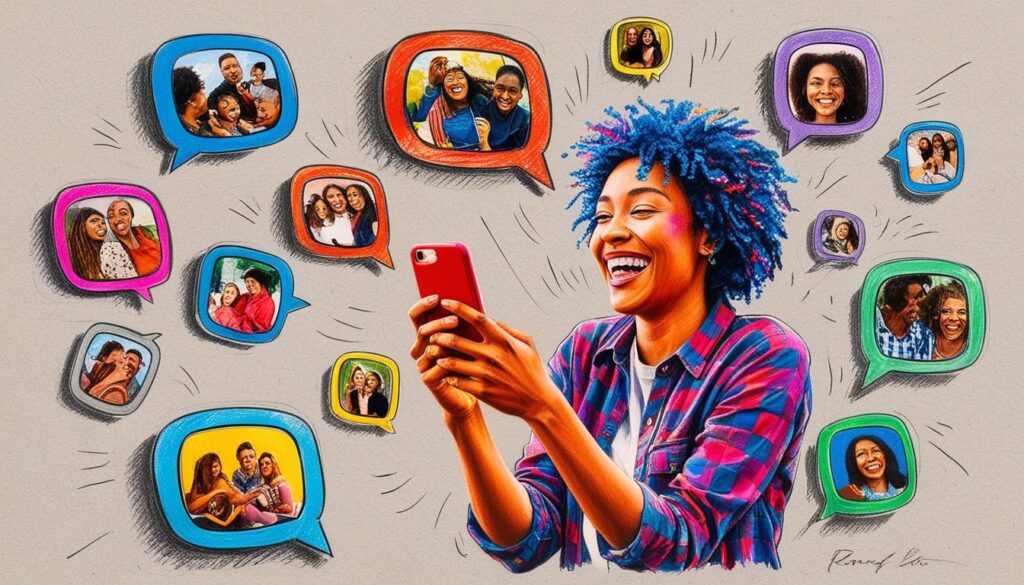As Instagram Stories gain popularity, users are increasingly found rewatching their own posts, revealing deeper psychological needs and societal trends.
Instagram Stories have become an integral feature of social media, providing users with a platform to share short-lived glimpses of their daily lives. These ephemeral snapshots range from culinary adventures to leisurely activities and offer viewers an intriguing peek into others’ routines.
Yet an interesting behavioural pattern has emerged: many users frequently find themselves replaying their own Stories. This seemingly self-indulgent practice reflects deeper psychological concepts and societal tendencies.
Dr Allison Forti, an assistant professor of counselling at Wake Forest University, provides insights into this phenomenon through the lens of the “looking glass self”. According to this psychological concept, individuals often assess their self-worth based on how they believe they are perceived by others. In the Instagram context, rewatching a Story can reinforce a positive identity when the content is perceived as attractive or humorous to an audience. This practice can foster a sense of validation and acceptance, important aspects of personal identity.
Adding a sociological perspective, Dr. Kent Bausman from Maryville University draws parallels with sociologist Erving Goffman’s theory of dramaturgy. This theory likens social interactions to theatre performances, with individuals presenting a “front stage” persona to the public and retreating to a “backstage” area for private introspection. Instagram Stories enable users to blend these spaces, showcasing a less curated version of themselves compared to permanent posts, thereby capturing candid and authentic moments.
This shift from polished, permanent posts to spontaneous, unfiltered Stories marks an evolution in online self-presentation. Modern social media trends encourage authenticity over perfectionism, a change discussed by academics and exemplified by the rise of real-time content. Instagram Stories, in particular, provide a platform for this more genuine self-expression, offering a mix of professional composure and personal vulnerability.
Despite the apparent benefits, some individuals may question whether frequent replays of personal Stories indicate underlying issues. While some may revisit their own posts to appreciate their creativity, others might do so out of habit or for reassurance. Experts like Dr Forti suggest exercising self-compassion and reflective practices if this behaviour becomes excessive, encouraging users to embrace both strengths and flaws without over-reliance on social media validation.
Moreover, there are practical considerations for stepping back from habitual re-watching. Focusing too heavily on capturing the perfect Story can detract from genuinely living in the moment. Furthermore, monitoring view counts and reactions can lead to unnecessary stress or disappointment, especially if expectations are not met.
Overall, sharing and reliving Instagram Stories touches on fundamental aspects of human nature—our innate desire to be seen and appreciated. These behaviours reflect broader societal trends, evolving with technological advancements and shifting norms of self-representation. Nevertheless, it remains important for individuals to balance their online presence with personal well-being, ensuring that social media enhances rather than detracts from their real-life experiences.
Source: Noah Wire Services








